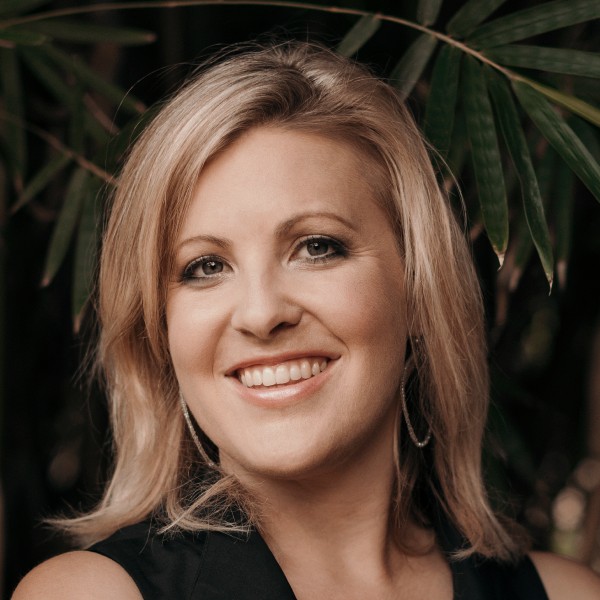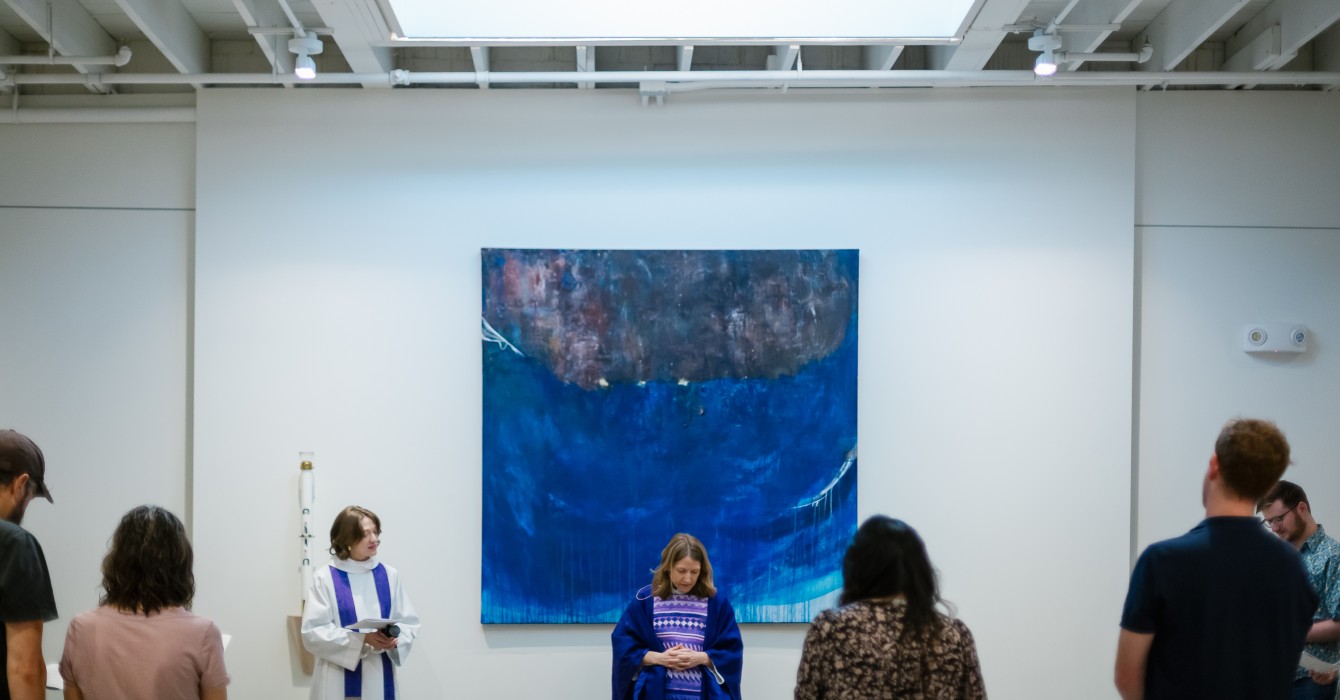Ten minutes ago, we were strangers. Now the woman soothing her crying baby looks to me for reassurance. The little I possess seems, for now, more valuable to her than all she knows or can do. I briefly hold the key to her happiness, and she’ll reveal nearly anything to help me say the words I, too, hope to speak: Your baby will be fine.
For years, people I hardly know have told me stories of great intimacy in the hope it will help their child get or stay well. I’m a pediatrician, and my position carries a certain authority. The initials after my signature and the stethoscope around my neck -- I choose not to wear a white coat, another symbol of authority -- suggest specialized knowledge, skill and resources. I’d also like to believe that families tell me astonishing things because they trust me to be open, helpful and genuinely concerned.
What they may not know is how privileged I feel to receive their stories, how long they linger with me. I’ve wrestled with several for years, bearing them like half-welcome burdens. Perhaps no one else has noticed, but some of these wrestling matches left me limping: the determined mother raising triplets in the wake of her husband’s cancer death, the bewildered parents of a son trapped in a maze of drugs and violence, and the children throughout my career who died before my eyes.
Doctors aren’t alone in occupying such fraught places of approachable authority. Pastors and therapists, teachers and business executives, lawyers and legislators all have power to make (some) things happen and alter in varying ways the circumstances of a life. People approach like suitors, anxious to woo, while their targets warily assess the situation.
But the rewards generally outweigh the risks. Most suitors know that a powerful story trumps mountains of information. Stories are part of being human. Children crave them; adults demand them.
Tales do more than convey information; they teach, delight, mystify and challenge. Difficult and unwelcome lessons are more readily absorbed through narratives than through arguments or decrees. Jews gather each year at Passover for the story of their liberation from slavery, reading from the Haggadah, Hebrew for “telling.” Jesus changed his listeners’ hearts through parables. Many of us have read or heard stories that literally changed our lives.
Child psychiatrist Robert Coles tells of Ruby Bridges, a then-6-year-old African-American girl he counseled as New Orleans city schools began court-ordered integration. Walking to school each morning with federal marshals, Bridges received taunts, insults and death threats from angry white protestors lining the school entrance.
Intrigued by the young girl’s consistent composure, Coles sensed a therapeutic breakthrough when Bridges stopped one morning, apparently to address the crowd.When Coles questioned her, however, Ruby explained that she’d stopped to talk to God, not the screaming protestors. “I asked God to forgive those people,” Ruby said, “because they didn’t know what they were doing.”
In considering how this 6-year-old girl met hate with forgiveness, Coles began to listen to Ruby -- and other children -- in a new way.
The encounter changed Coles and prompted him to write about this and other epiphanies. His books and the stories in them inspired a generation of doctors, teachers and therapists, including me. I, in turn, find myself writing about patients in an attempt to understand, for example, how an African-American boy and his wise adoptive mother helped me rethink matters of race and tolerance, or how a Navajo family flourishes despite a child’s chronic, life-threatening immune deficiency.
Powerful, transforming stories beg to be retold. Through baptism, Christians become part of the gospel story, a narrative central not only to our lives but also for the life of the world. It’s the story we live out and live in. If we learn to listen well in the course of the day, we may hear others say things that point back to “the old, old story,” compelling us to hear it anew.
In those rare moments when someone confides in us, revealing a raw sliver of the human soul in all its wounded and redeemable glory, what are we to do? As a listener and, in my case, a writer, how do I honor what has been shared?
Stories told in explicit confidence, of course, are not to be shared at all, however much they gnaw at us in silence. Recently, though, I’ve been gathering stories from former patients and colleagues, stories my informants know I intend to publish. Before I began, I feared an understandable reticence would make whatever they shared with me dull and unrevealing. I was surprised, then, when parents wept in my presence as they spoke, when fears and angers were voiced, when barriers of class and ethnicity crumbled.
As I accumulate more of these stories, I feel their weight. The book I envision is no longer something I can walk away from, an interesting idea that may or may not be realized. I have to get these stories out and get them right. More importantly, the gravity of the stories insists that I tell them well.
I’ve taken to asking four questions of each piece I write: Is it clear? Is it true? Is it beautiful? Is it humble? Upon reflection, the first two considerations -- clarity and truth -- grow more complicated than they first seem, but their general meaning should, I hope, be understandable. Beauty requires attention to the wholeness of the work, care taken in every part of its execution. Humility concerns the complex relationship between author, subject, audience and the work itself. If I’m holding myself aloof, refusing to be implicated in whatever messy and flawed humanity the work engages, then fastidiousness, pride or worse separates me from subject, audience and work.
I’m happy to tell the anxious mother that her crying baby will, indeed, be fine. I may also tell her about my own children’s colic, how the pediatrician’s infant sons sometimes left him feeling helpless and more than a little angry. In sharing a little of the weight of each other’s stories, we may both walk away slightly changed, and perceptibly lighter.








